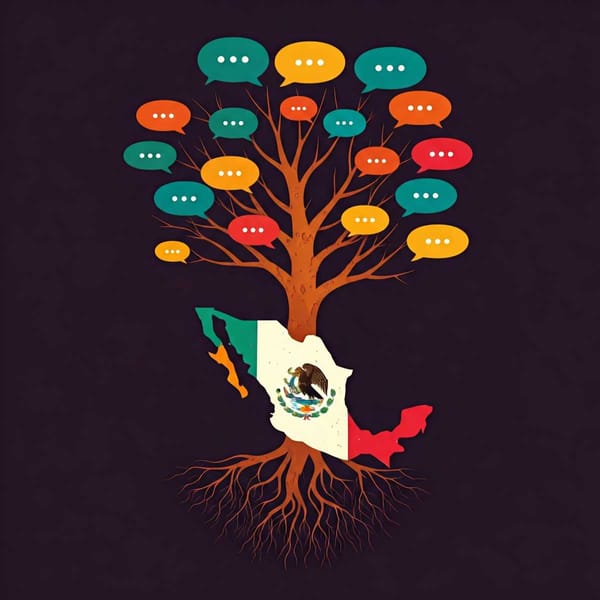Mexico-Texas border: Reasons why the U.S. has held up Mexican trucks
Mexican truckers, who have arrived at the border loaded with agricultural products, have had to wait up to 30 hours to enter the United States.

Delays caused by security inspections imposed by Texas Governor Greg Abbott at border ports of entry caused protests by Mexican truckers bringing in agricultural products, as well as an urgent call by marketers of such merchandise in the United States to modify the measure.
Abbott announced last week that all commercial traffic from Mexico to Texas would be subject to inspections by state officials after passing a federal review at the ports of entry. This measure has caused wait times for trucks arriving at the border loaded with agricultural products to lengthen to more than 30 hours in some cases.
The Pharr International Bridge, which connects to the Mexican city of Reynosa, was closed due to truckers in Mexico blocking access to the road in protest of inspections. This is the main bridge for importing agricultural products to the United States. The Pharr Bridge usually transits 3,000 trucks per day, but since the inspections began to be applied last Thursday, only 300 trucks have been able to cross in 24 hours.
This situation has severely impacted the movement of fresh produce from Mexico to the United States. There are seven bridges over the Rio Grande border (Rio Bravo in Mexico) that allow the passage of agricultural products, and over the weekend the two with the highest traffic (those at Pharr and Laredo) experienced the longest delays, with lines of trucks stretching for miles waiting to enter the United States.
The enhanced inspections have nothing to do with Abbott's stated goal of stopping the flow of migrants or contraband, as trucks are subject to inspection by various federal agencies at the border. In a letter to Abbott, the head of TIPA, which imports and markets agricultural products that pass through Texas ports of entry, said that $9 billion and 1.28 billion pounds of agricultural products pass annually from Mexico into the United States.
Why did the inspections begin in Texas?
This action was taken last Wednesday in response to the Joe Biden Administration's decision to lift the health regulations (Title 42) that allowed the removal of undocumented immigrants due to the COVID-19 pandemic. In response, Abbott threatened to send the detained immigrants on buses to Washington D.C.
The governor, known for his ultra-conservative stances, assured that the buses will leave the migrants on the steps of the Capitol, in the U.S. capital, where the Biden Administration "can immediately attend to their needs," he said in a statement. Abbott, who is seeking re-election as governor of Texas, affirmed that Biden has applied an "open door" policy at the border that has resulted in "unprecedented" numbers of border crossings.
Mexican entrepreneurs estimate losses of 8 million dollars per day
The Business Coordinating Council (CCE) explained that the immigration control and border security measures generate an economic impact and operational cost overruns amounting to 8 million dollars per day, affecting mainly the maquiladora, automotive, technology, and perishable goods industries, among others. They charged that this situation has caused delays of up to 20 hours in the crossing of cargo trucks and a drop of more than 70 percent in the flow of trade, which could lead to a collapse in international cross-border trade.
For this reason, the businessmen warned that the increase in crossing time puts at risk the employment and quality of life of thousands of citizens who depend economically on the different activities that are affected. Transportation is considered an essential activity for goods and merchandise, including necessities, to reach the entire North American territory.
Mexico rejects inspections imposed at the U.S. border
The Ministry of Foreign Affairs (SRE) on Tuesday expressed its rejection of the security inspections imposed on cargo transportation by the governor of Texas, Greg Abbot. In the note, the Foreign Ministry recalled that the inspections are implemented at four border crossings with the state of Texas: Zaragoza-Ysleta, Córdova-De las Américas, Colombia-Laredo, and Reynosa-Pharr.




